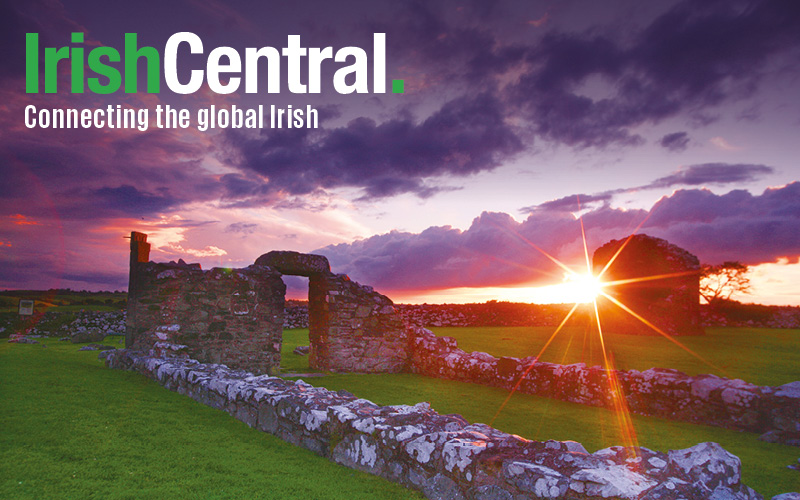This page is being thieved away from me today by as lively a band of Clare pensioners as you could encounter anywhere. More on that later when I can get a few words in edge ways.
In the meantime, flow down the pensioners' river of memories from Irish childhood in the early decades of the last century. An the way it was back then:
"In my childhood in West Clare very few people had a car so the main mode of transport was the bicycle or the horse and cart. Most people walked to the shops, pubs and church and all children walked to school. There were shortcuts and paths that walkers used -- I think that's how public rights of ways came about -- people often walked in groups, say to Mass and enjoyed chatting as they walked along. It made the road shorter!
Read more: Top ten do's and don’ts for a vacation in Ireland (PHOTOS)
"My father took the milk to the local creamery in tankards on the pony and cart. The pony would probably have made the journey on his own. He would slow down at certain houses or when there was someone on the road, knowing there would be a break for a chat coming up."
"In summer we regularly visited our relations who lived about 15 miles away in the pony and trap. It seemed perfectly reasonable to go on a Sunday after milking the cows and going to Mass. We had to be back in time to milk again in the evening. When we arrived at the house the pony was untracked, put in a stable, and given water and hay.
"Similarly when we went to town, usually Ennis, with the pony and trap, we would go into a yard, Maloney's, where there were rings set into the wall for tying your horse to.
"The pony and trap was also used to go wakes and funerals. In the winter your hands would be frozen from holding the reins so old socks were used if no gloves were available. We would wear our warmest clothes and have rugs over our knees. Light was provided by candles in holders on either side of the trap.
“I have often been asked what if there was another pony and trap on the road. Well, you would hear the ponies' hooves going clip-flop in the stillness of the night, then you would hear the 'Whoa Horse!' When you came level with the other trap there would always be a chat. You have to remember that because there were no cars on the roads except for the breathing of the pony.
"We had a car since the early fifties. We mostly walked to school but on a wet day my father would drive us. As we came across each group of neighboring children we would pick them up. Comfort wasn't a consideration we were just packed in. My father also took elderly aides to Mass and again we would all be packed in.
"My sister and I cycled about eight miles to and from secondary school. On a wet day my father would give us money to get the bus but we would still cycle and keep the money for going to dances! We also preferred to be with the crowd who were cycling with us every day.
"Many cars were parked up during the war due to the rationing of petrol..."
See what I mean about the rich river of memories? Hundreds and hundreds of them teem across the pages of a special book entitled Of Pleasant Days Gone By, just published and quite unique in my view.
Read more: At least Ireland doesn’t have Donald Trump
The voices I have quoted are those of the men and women who weekly attend for activities and craic at the Health and Wellness Center at Carrigoran House outside Newmarket on Fergus. Listening to their stories of life in times gone by prompted the volunteers meeting them weekly, especially a lady called Bridget Liddy, to record their stories in book form.
I have only given ye a teaser taster of the housings of memories included. All of them are a platinum collection for the future.
It is because all proceeds from the sale of the book go towards Dementia Care Projects at the center, and because it is such a brilliant read, that I commend it to ye as strongly as I can.
Ye can make contact via [email protected] and www.carrigoranhouse.ie and, believe me, you will be glad you did so when the book arrives.




Comments